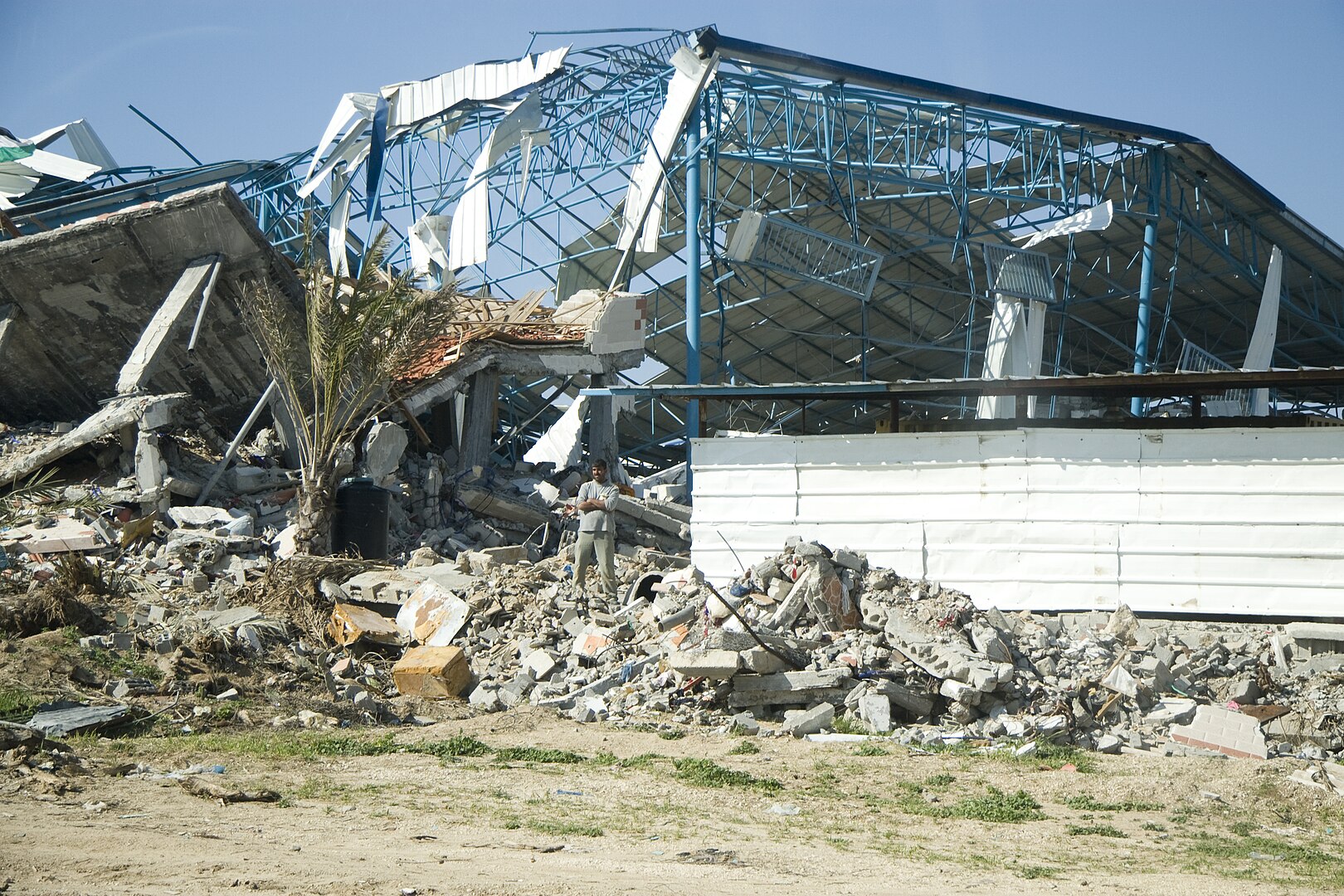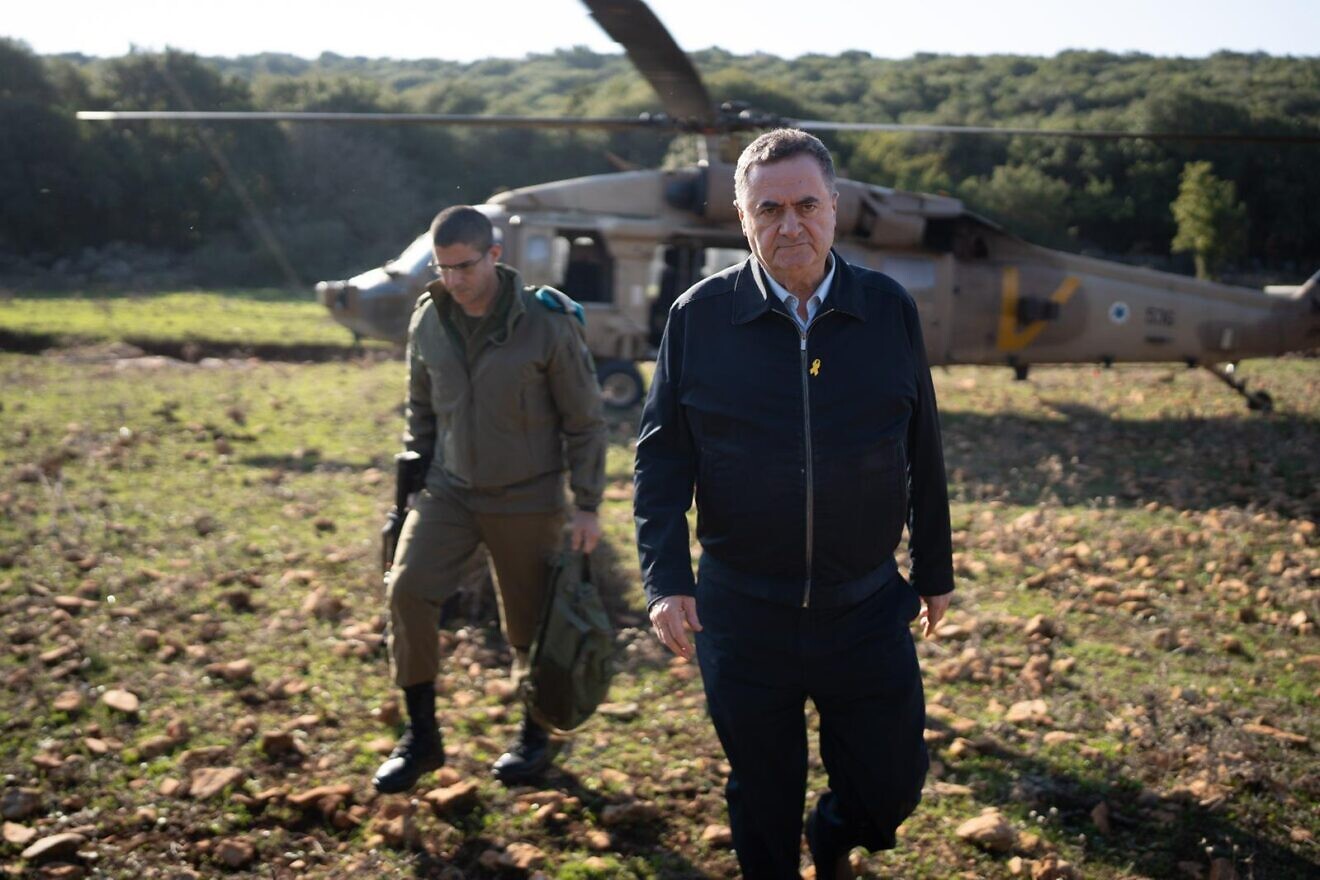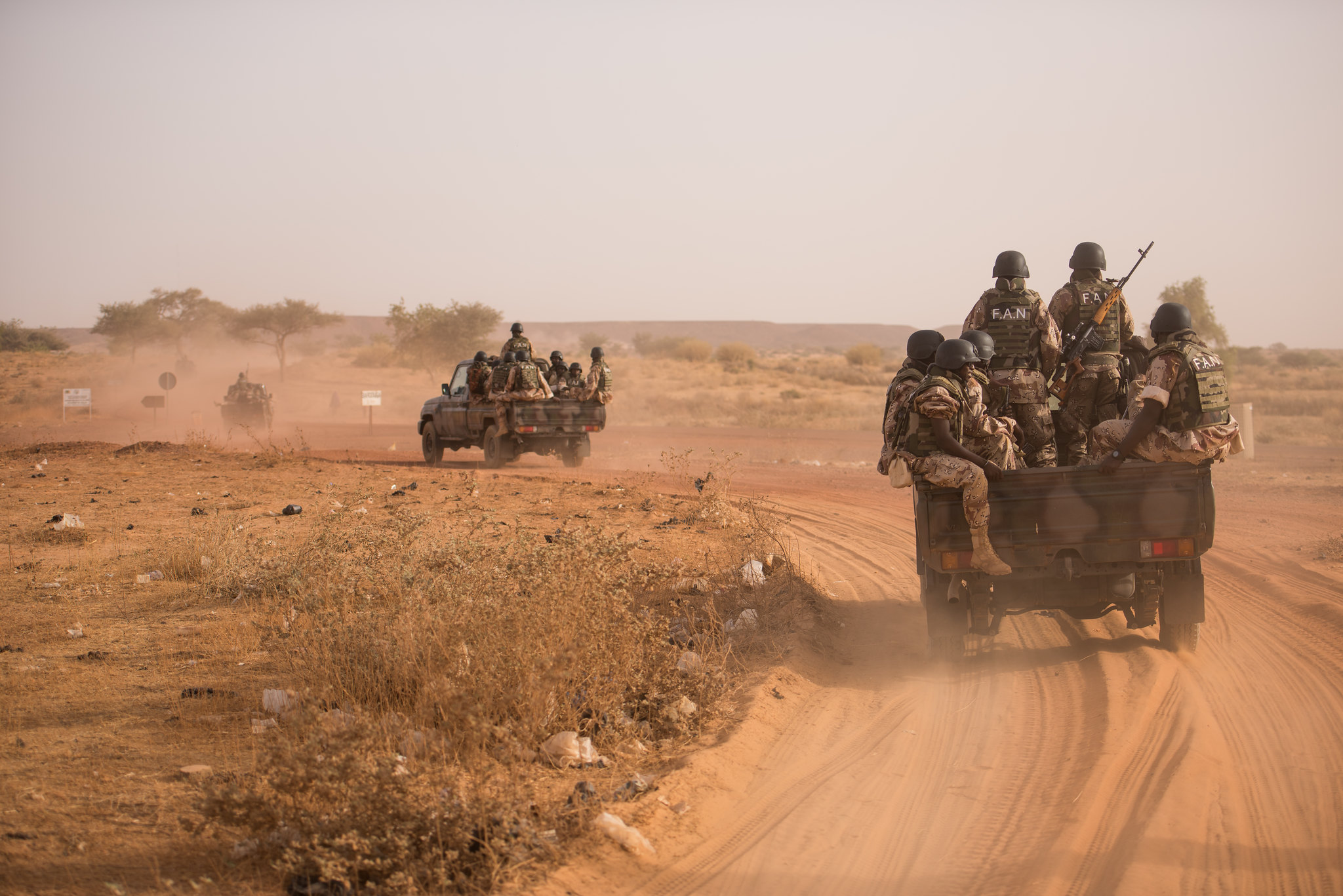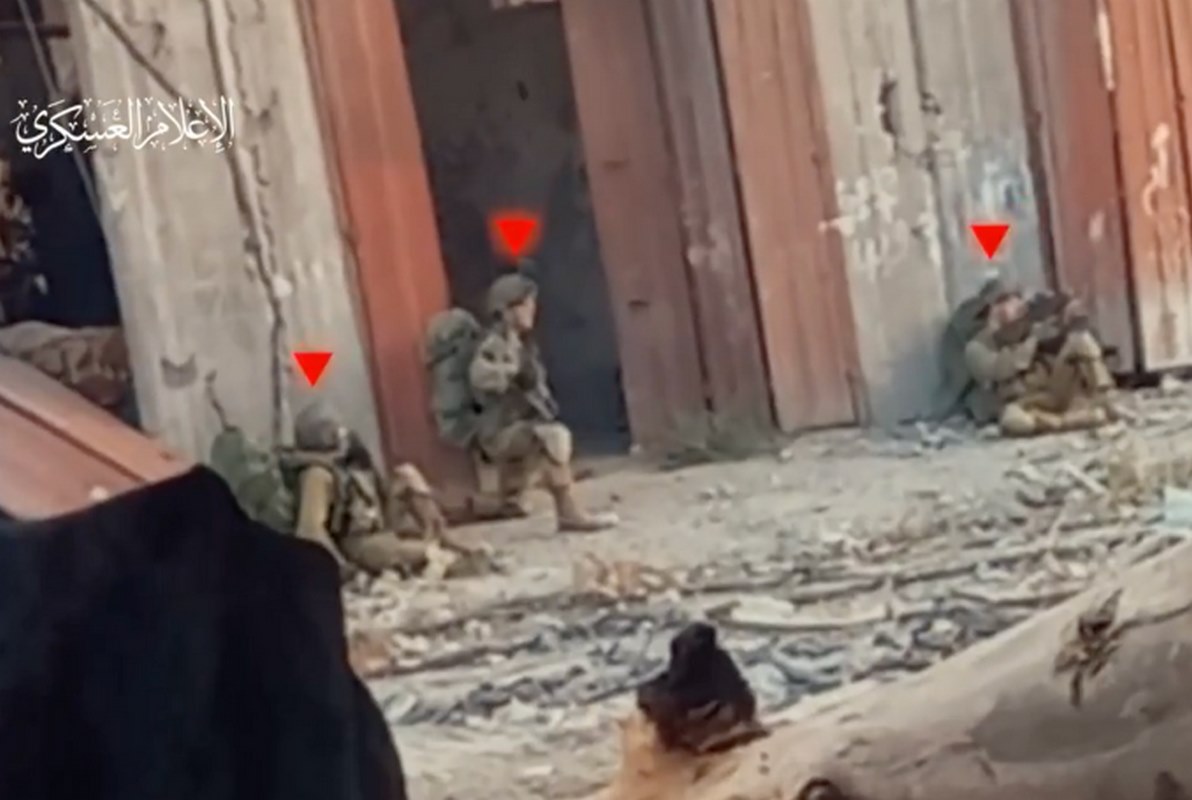Writing in the LA Times, the American surgeon and volunteer doctor Irfan Galaria described working in Gaza during the Israeli onslaught as not a war but “annihilation,” even when compared to other warzones he has worked in.
With the most repellent scenes of human misery routinely making it onto social media and corporate news outlets, there is nearly no way to escape the emotional impact of the slaughter of the Palestinians, now numbering nearly 30,000 killed and 8,000 missing-presumed-dead, likely buried under collapsed high rises and bulldozed into pulp.
Pressure now mounts from all corners of the globe on Israel’s Netanyahu, who is preparing to launch an assault on an enormous refugee camp in Rafah, even though Israeli Defense Force (IDF) officials have concluded that even if Israel can dismantle Hamas in Gaza, the group will continue to exist, and American defense officials have warned that Israel’s indiscriminate killing in Gaza will fuel armed resistance among Palestinians.
At the recent summit from the African Union, the outgoing chair Moussa Faki described the slaughter in Gaza as “unprecedented in the history of mankind,” to the applause of those gathered. Faki said the African Union stands in solidarity with Gaza, and praised South Africa for winning its case in the International Court of Justice accusing Israel of genocide.
In Brazil, the outspoken president Luiz Ignacio da Silva called it “genocide,” and said Brazil will increase her own contribution to the UNWRA aid agency that supplies food, water, and medicine to Gaza, and urged other countries to do the same after seeing Western countries’ recent decisions to halt funding to it.
“It’s not a war of soldiers against soldiers. It’s a war between a highly prepared army and women and children,” added the Brazilian president, not mincing words. “What’s happening in the Gaza Strip with the Palestinian people hasn’t happened at any other moment in history. Actually, it has happened: when Hitler decided to kill the Jews”.
The crime of genocide under international law was formulated following the Holocaust when 6 million Jews were killed by the Nazi Party. On January 26th, the International Court of Justice (ICJ) dismissed Israel’s defense and found there was reasonable evidence that she was committing genocide in Gaza.
Regarding the ongoing slaughter in Gaza and planned attack in Rafah, the ICJ released a statement saying the “perilous situation demands immediate and effective implementation of the provisional measures indicated by the Court in its Order of 26 January 2024,” referring to 5 injunctions issued upon South Africa’s victory, the first of which being the protection of all members of the Palestinian ethnic group in Gaza.
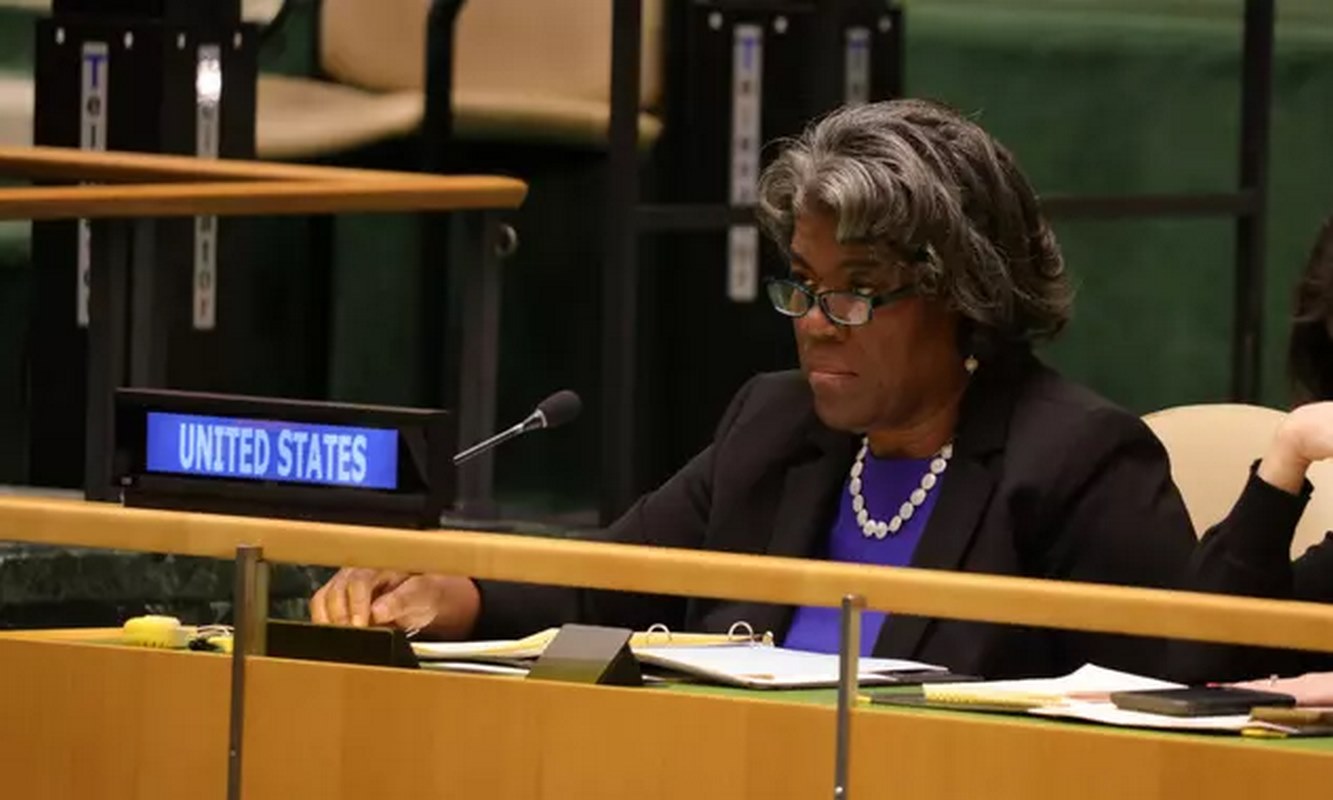
From Asia and Europe
From the private sector, pressure has emerged in India where the nation’s largest union of dock workers has resolved not to load any cargo bound for Israel that contains weapons or military elements, mirroring a similar decision from a Japanese trading company taken earlier in February.
General secretary of the Water Transport Workers Federation of India told the press about the union’s decision just days after news broke that Indian-made combat drones had made their way to Israel.
“Women and children have been blown to pieces in the war. Parents were unable to recognize their children killed in bombings that were exploding everywhere,” read the organization’s statement, adding the workers who represent 11 of the 13 shipping ports in India “would always stand against the war and killing innocent people like women and children”.
A Palestinian state, long supported only rhetorically by Europeans, could be in the works after French President Emmanual Macron said that he was “working on it,” with regional partners like Jordan.
“We are ready to contribute to it, in Europe and in the Security Council,’’ Macron, whose nation holds one of the five permanent seats on the UN Security Council, said in a press conference. “We owe it to Palestinians, whose aspirations have been trampled on for too long”.
Macron called directly for a ceasefire, saying that if Netanyahu continues with his planned attack on Rafah, it would lead to a “humanitarian disaster without any precedent”.
Britain’s Foreign Minister David Cameron said the UK could recognize a Palestinian state after a ceasefire in Gaza, reports AP. However, the US has already said it will veto the upcoming Security Council resolution demanding a ceasefire in Gaza, arguing that it would impede ongoing negotiations mediated by Qatar on a hostage release agreement which Netanyahu already rejected.
With the United States’ unflinching support of Israel’s genocide, it falls to the rest of the world to act. It would require bypassing the enormous influence of the US in global trade and diplomacy, and also risking reprisal sanctions and seizures from the US Department of Commerce, risks which no powerful nation has chosen to accept on behalf of the Palestinians thus far.
Israel began its onslaught in Gaza to eliminate the terrorist group Hamas, which was funded and put in place over the Palestinian Authority (PA) by Benjamin Netanyahu. On October 7th, Hamas launched a major terrorist attack across areas of Israel near Gaza. Original reports were that the attack killed 1,400 soldiers and civilians, and 240 were captured. But whistleblowers in the IDF have revealed multiple instances of orders being given to IDF troops to fire indiscriminately into civilian homes and at vehicles, killing dozens.
Furthermore, several claims about the scope of violence committed by Hamas on October 7th have been debunked, including mass sexual violence against Israelis, and alleged beheadings of babies. WaL
PICTURED ABOVE: A complex in Gaza destroyed in 2009. PC: gloucester2gaza CC 2.0.
